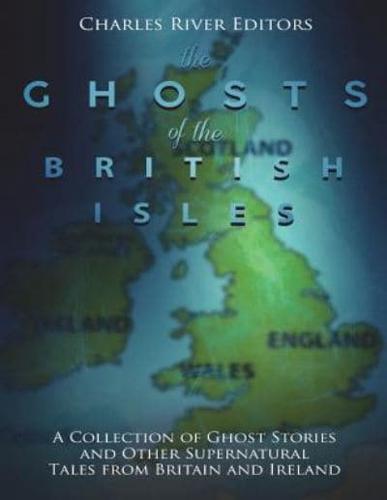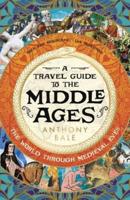Publisher's Synopsis
The United Kingdom is an ancient land steeped in history and tradition, filled with prehistoric ruins, majestic castles, and a countryside sculpted from millennia of human habitation. Its rolling countryside is dotted with prehistoric burial mounds and stone circles. Brooding castles hold tales of bloodshed and honor. Medieval churches have elaborate stained glass windows and gruesome carvings, reflecting a mixture of hope and darkness. Every hamlet and village has tales that go back centuries, and folk festivals with roots in pagan times. Thus, it is not surprising that many believe the area is filled with ghosts. For centuries, people have told tales of ghosts stalking its historic buildings, strange creatures lurking in its primeval forests, and unexplained paths linking its ancient sites.
Scotland is a fascinating and ancient land filled with history. It has produced explorers, warriors, inventors, writers, and more than a few murderers. For many centuries, it fought bitter wars against England to maintain its independence, and even when those wars were finally lost, Scotland retained its distinct culture and identity. Though a part of the United Kingdom, it would be a mistake to lump it in with England, Wales, and Northern Ireland, as Scotland has its own tales to tell and traditions to maintain. Not everything in Scotland is as it appears, however. Some Scots say this is a land haunted by spirits, a place of strange disappearances and unexplained phenomena. Some of those tales are downright grisly. Scotland has always been a rival to its southern neighbor, and the rivalry extends to the number of hauntings in its medieval castles, stately homes, and old cobblestone streets. While many Englishmen claim that their country is the most haunted, the Scots can point to their own stories of ghosts as evidence they may beat the English in this dubious distinction.
Ireland is an ancient land, filled with prehistoric ruins, age-old traditions, and a rich and abiding folklore. Many of the old Irish traditions and tales dwell upon the world beyond our own, the shadow world of spirits. Every village and landmark has a tale attached to it, a good many of them rooted in pagan beliefs from prehistoric times. Others are more modern, and deal with historic tragedies such as the English invasion, the Potato Famine, or the Troubles. According to some locals, ghosts seem to haunt every historic building and place, acting as symbols of the past that still haunts this troubled land. For example, at Aughagreagh in County Longford there's a wall running alongside a road. It's just a typical drystone wall like so many in Ireland used to show the boundary of a farmer's field. The road is just a typical road. But sometimes at night passersby will see a woman and two small children sitting on this wall. They wear tattered clothing in the style of the 19th century. Their faces are drawn and emaciated, their eyes sunken. They have a look of hopeless resignation about them. This is because they are famine victims. The wall stands on the road to the old workhouse, where Ireland's poor and starving were packed into cold rooms and forced to work long hours of hard labor in exchange for a crust of bread and constant abuse. They were literally punished for being poor, and their spirits have remained in this sad place.
Ireland also has a rich folklore. Everyone knows about the fairy folk and leprechauns and many have heard of the fearsome banshee. The stranger side of the Emerald Isle goes much deeper than that, however, with tales of phantom armies marching through the sky, sea monsters swimming in the waters around the island, and stories of strange powers and dark magic. Indeed, these tales are not consigned to the past; many unexplained occurrences continue to happen, even today.






